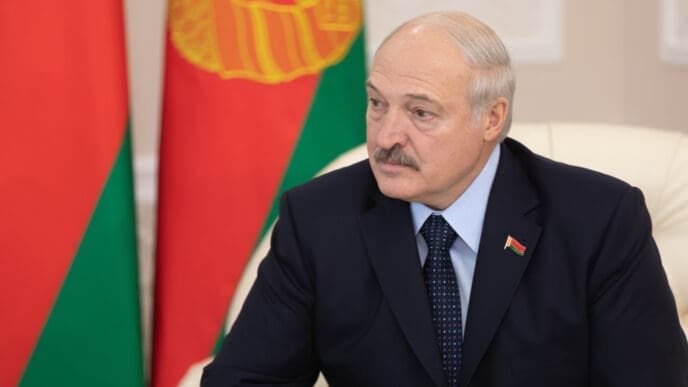President Joe Biden is utilizing his landmark visit to Angola to underscore substantial U.S. investments in the region and to engage with its historical context.
During his visit, President Biden aims to spotlight the U.S.’s strategic investment of $3 billion in Africa’s Lobito Corridor. This project is designed to enhance the transport of raw materials across Zambia, Congo, and Angola, facilitating easier exports and linking the continent more effectively. The corridor also receives backing from the European Union and a mix of Western and African financial entities. The U.S. aims to bolster its presence in a region rich in essential minerals critical for modern technologies, acting as a counterbalance to China’s significant investments in African mining sectors.
This visit marks a pivotal moment, as no U.S. president has visited sub-Saharan Africa since Barack Obama in 2015. Biden’s engagement with Angola signals a deepening of American ties through trade, security, and humanitarian initiatives, albeit with a newer approach focused on infrastructure development.
President Biden’s itinerary includes a stop in Lobito to inspect the corridor firsthand, a gesture underscoring the U.S.’s commitment to the region. White House national security spokesman John Kirby underscored the transformative nature of U.S.-Africa relations under the current administration, projecting that the full completion of the corridor will unfold over several years. The project’s continuity may fall to Biden’s successor, with hopes that future administrations recognize its value.
Kirby emphasized that the U.S. is not seeking to force African nations to choose between Western and Eastern alliances. Instead, the focus is on fostering reliable and sustainable investments, offering alternatives to often precarious opportunities that leave countries indebted.
Biden is also set to meet Angolan President Joao Lourenco and other African leaders who participate in business engagement forums. This meeting comes after Biden welcomed Lourenco to the White House last November, further strengthening diplomatic ties.
A significant aspect of Biden’s visit includes a tour of Angola’s National Slavery Museum, located in a historic site formerly used as a slave trading hub. Biden plans to address the shared historical backdrop of slavery that once linked the U.S. and Angola, while also projecting a future centering on mutual growth and understanding.
Biden’s visit to Angola underscores his administration’s dual focus on economic development and historical reconciliation. By investing in critical infrastructure and acknowledging historical ties, the U.S. aims to forge a sustainable, forward-looking partnership with Angola and the broader African region.
Source: Apnews














